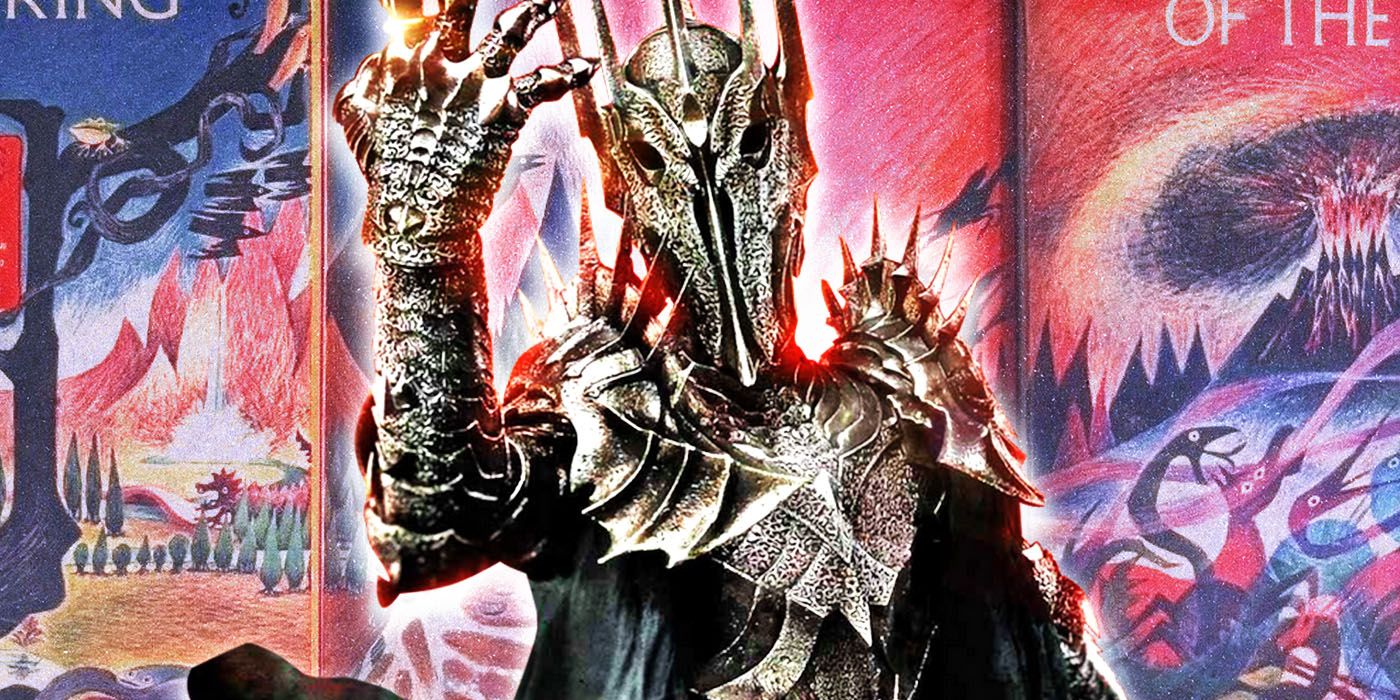
Yet a short passage from The Silmarillion called the purity of Sauron’s evil into question. Prime Video’s The Lord of the Rings: The Rings of Power showed Sauron immediately picking up where Morgoth left off following his defeat at the end of the First Age of Middle-earth, but this was not the case in Tolkien’s writing; Sauron actually repented for his crimes. His remorse did not last long, but it was an interesting footnote in the Dark Lord’s long history that raised many questions. Why would such an evil character have apologized for his actions, what pulled him back into villainy, and what would have happened if he had chosen the path of redemption?
Sauron Surrendered After His Master’s Defeat
Important Dates Relating to Sauron
Event(s)
Y.T. 1099
The Valar capture Morgoth and bring him to Valinor, Sauron escapes
Y.T. 1495
Morgoth returns to Middle-earth
F.A. 587
The forces of Valinor defeat Morgoth, Sauron briefly repents before going into hiding
S.A. 1200
Sauron assumes the form of Annatar and begins to help the Elves forge the Rings of Power
S.A. 1600
Sauron forges the One Ring
S.A. 3262
The Númenóreans bring Sauron to Númenor
S.A. 3319
Sauron flees to Middle-earth from the Downfall of Númenor
S.A. 3441
The Last Alliance of Elves and Men defeats Sauron
T.A. 2951
Sauron resumes his conquest of Middle-earth
T.A. 3019
Frodo defeats Sauron by destroying the One Ring
In the section “Of the Rings of Power and the Third Age” from The Silmarillion, Tolkien explained what Sauron did immediately following his master’s defeat in the War of Wrath. Instead of fleeing as he had after Morgoth’s earlier defeat in the Battle of the Powers, he submitted. He “put on his fair hue again” and renounced his evil ways to Eönwë, the herald of the Valar. Given Sauron’s mastery of manipulation, this could have simply been a ruse, but Tolkien wrote, “Some hold that this was not at first falsely done, but that Sauron in truth repented, if only out of fear.” Eönwë seemingly believed that Sauron’s regret was genuine, but it was not his decision to make; only Manwë, the King of the Valar, had the authority to deal judgment to someone as powerful as Sauron.
Manwë likely would have given Sauron a chance to redeem himself, as he had done the same to Morgoth after the Battle of the Powers. Tolkien speculated that Sauron would have needed to perform “long servitude in proof of his good faith” to regain the trust of the Valar, but Sauron never found out. He was afraid of the punishment he might receive and embarrassed about the prospect of returning to Valinor as a failure, so as soon as Eönwë left, Sauron went into hiding. “The bonds that Morgoth had laid upon him were very strong,” so even when his master was imprisoned in the Void, Sauron was unable to change his evil ways. A few centuries later, he continued his villainy, which led to the events of The Lord of the Rings.
Sauron Believed He Was Doing the Right Thing


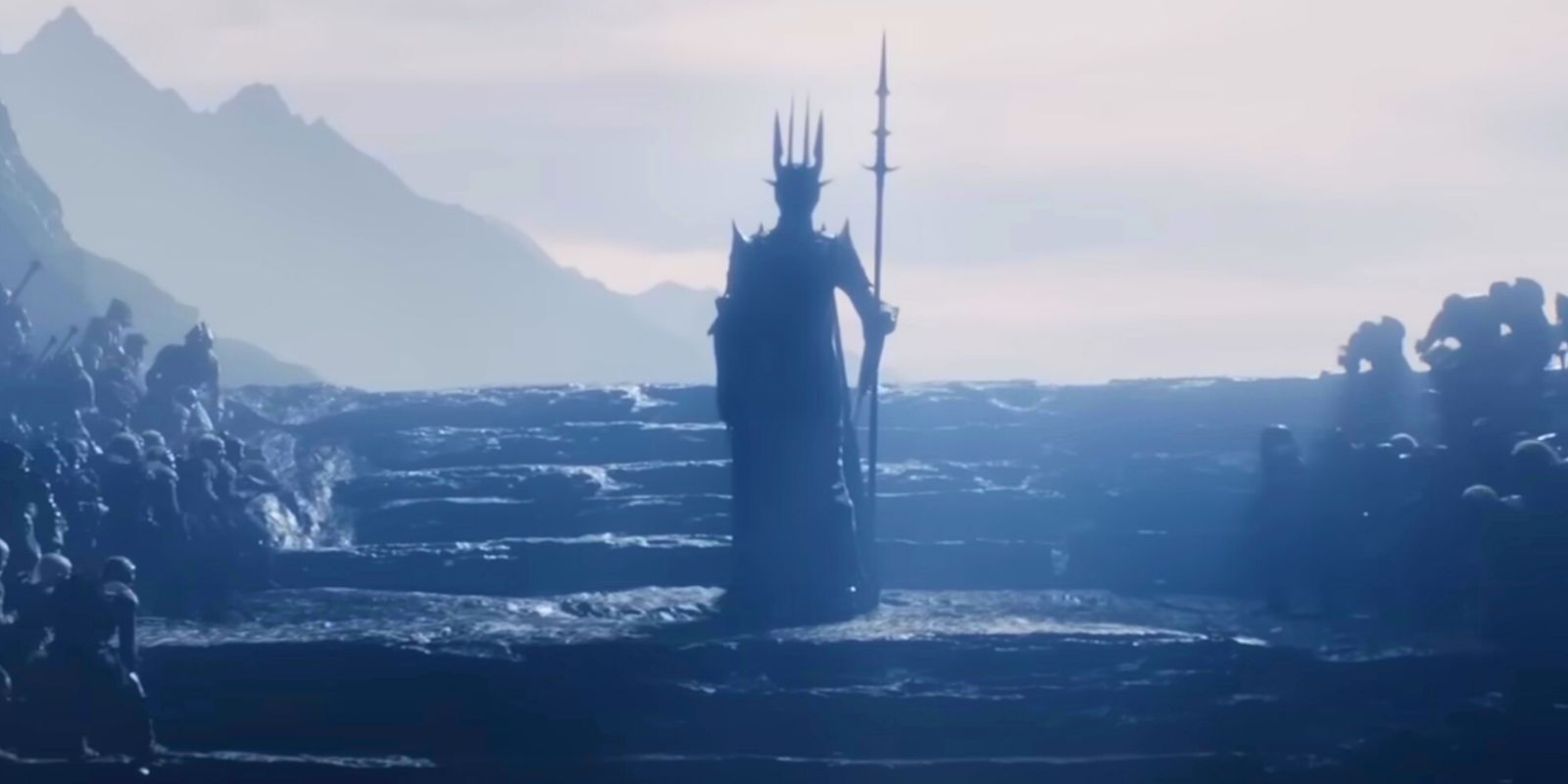
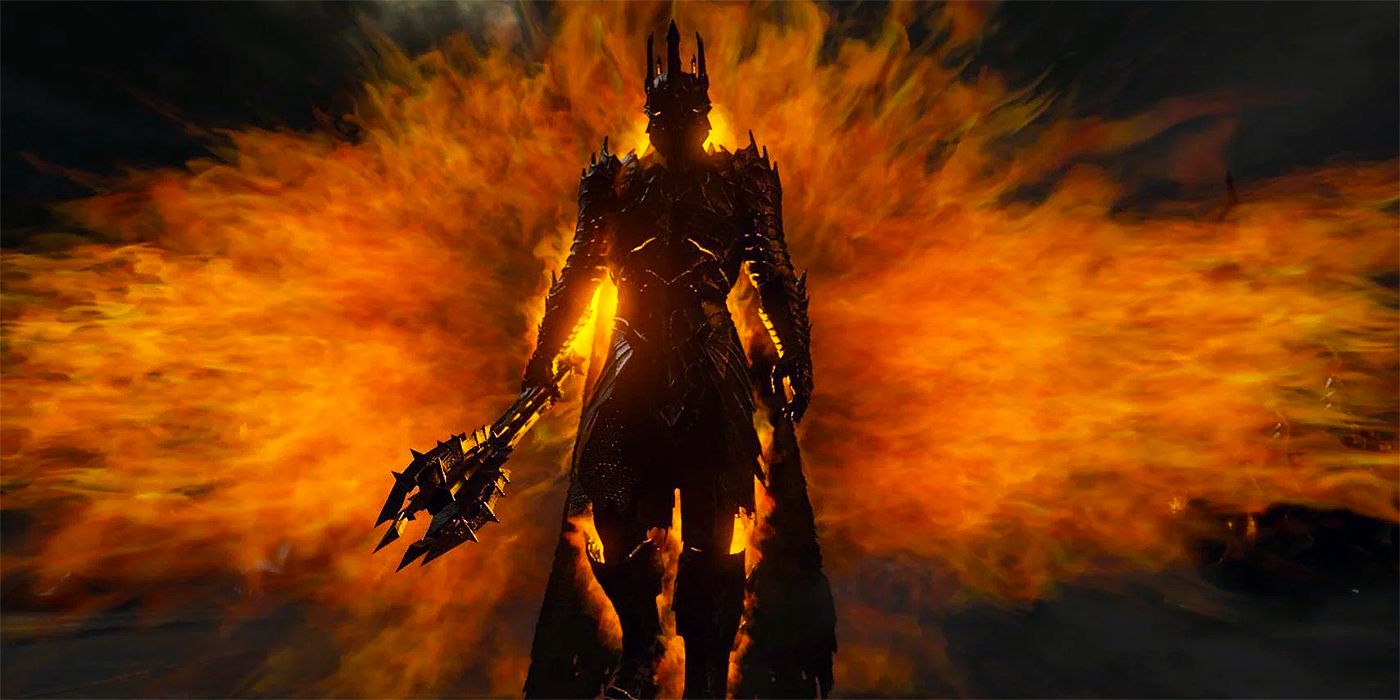
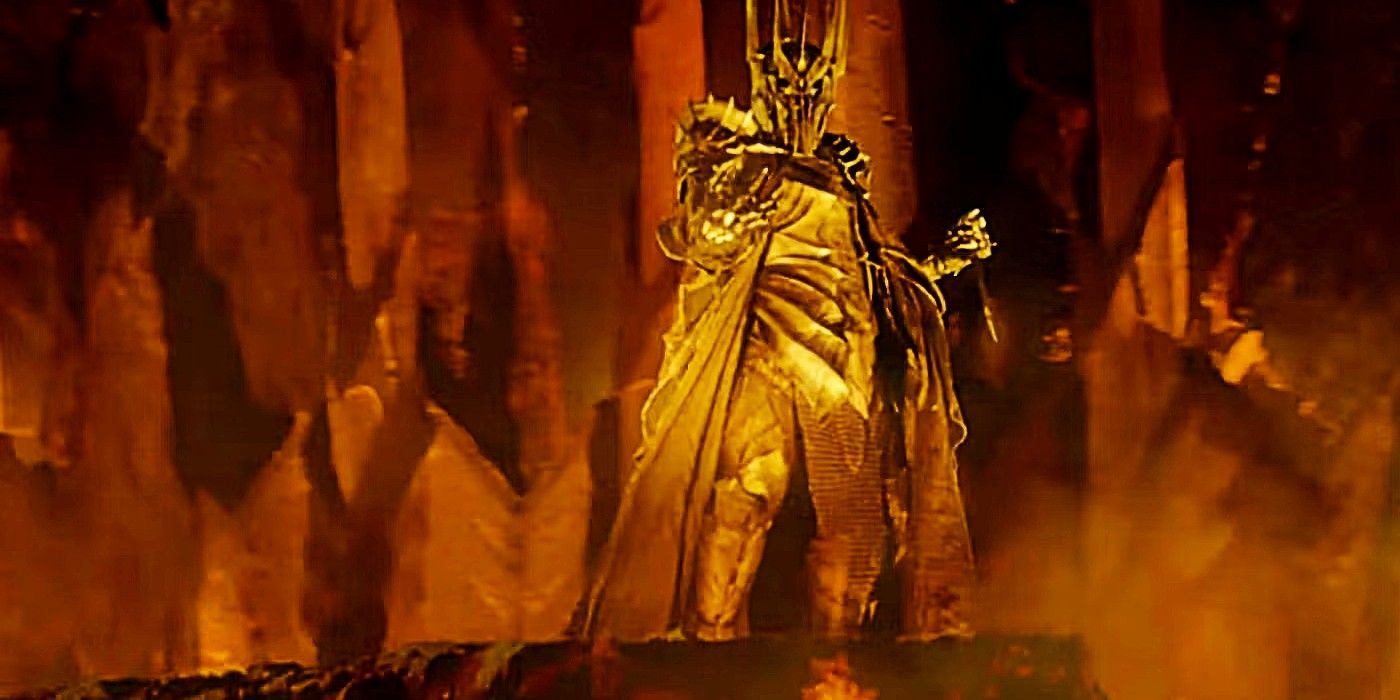
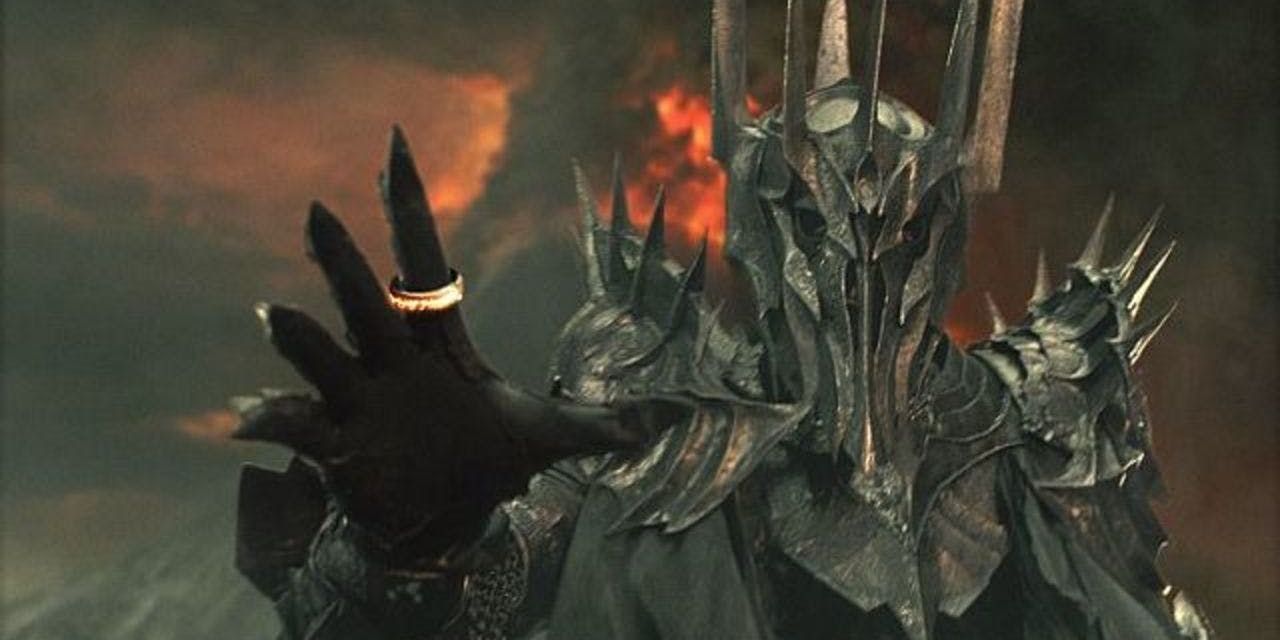






Morgoth and Sauron were both evil, but their ideologies were not the same. Morgoth’s motivation was spite. He was jealous of The Lord of the Rings‘ higher powers, so he wanted to tear down everything that they had created. He was a hateful nihilist who would have destroyed Middle-earth and the rest of the universe if he got his way. By contrast, Sauron had a good motivation, at least in the beginning. He wanted to bring order and stability to Middle-earth. In this way, he was not dissimilar to the Valar. But unlike the Valar, he did not respect the wisdom or autonomy of Middle-earth’s inhabitants. He saw totalitarian, authoritarian rule as the only way to enforce his idea of order, and he was more than willing to kill anyone who stood in his way.
If Sauron had been victorious, he would not have destroyed Middle-earth but conquered it and reshaped it in his own image. Ironically, since he used fear and violence to achieve his goals, his attempt to bring order to Middle-earth only made it more chaotic. Just like Morgoth, Sauron threw away his chance at redemption, which galvanized his evil. His refusal to face Manwë’s judgment was a point of no return both for himself and for Middle-earth. Over time, Sauron’s lust for power and vengeance overtook his grander ideals, and he became more and more like his master. Though he wanted to control Middle-earth, he would sooner have destroyed it than let anyone else do so.
Sauron Was Not the Only Evil in Middle-earth
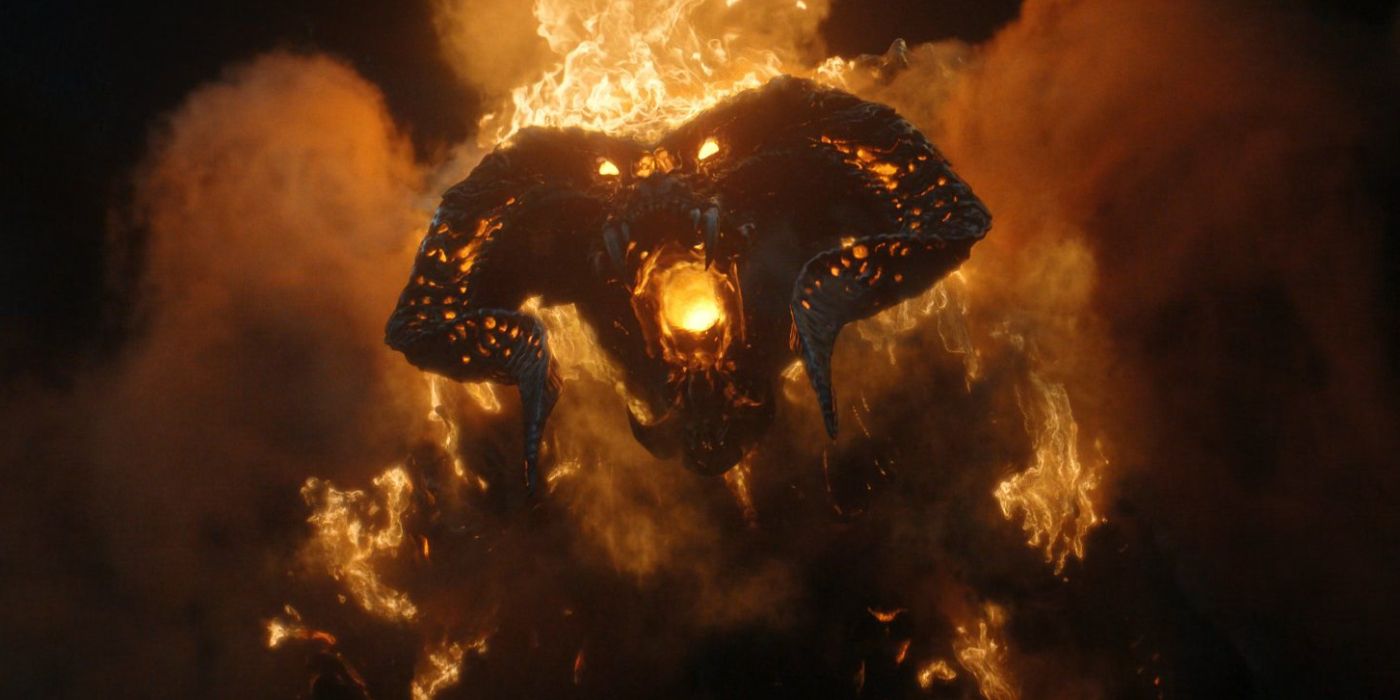
Tolkien noted that Morgoth’s ultimate goal was impossible because even if he ruined Middle-earth, he could not wipe it from existence.
Sauron’s desire for order despite the damage it would cause was similar to that of Saruman.
In the chapter “The Council of Elrond” from The Fellowship of the Ring, Elrond says, “Nothing is evil in the beginning. Even Sauron was not so.”
Further, Sauron was not the only Maiar who followed Morgoth. There were others, most notably the terrifying Balrogs. None of them were as mighty as Sauron, but if he had not filled the power vacuum left by Morgoth, one of them could have taken his place. Assuming the Valar did not throw Sauron into the Void along with his master, he might have been able to aid in the fight against this new Dark Lord. Alternatively, this new Dark Lord might have been able to convince Sauron to return to his evil ways, thus condemning him to the same fate he faced in The Lord of the Rings. Even if Sauron only repented out of fear in The Silmarillion, it is fascinating that one of the fantasy genre’s most iconic antagonists came close to abandoning villainy.





